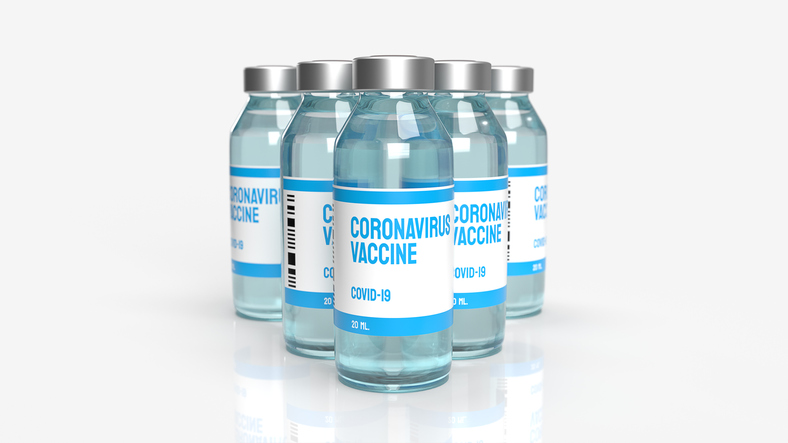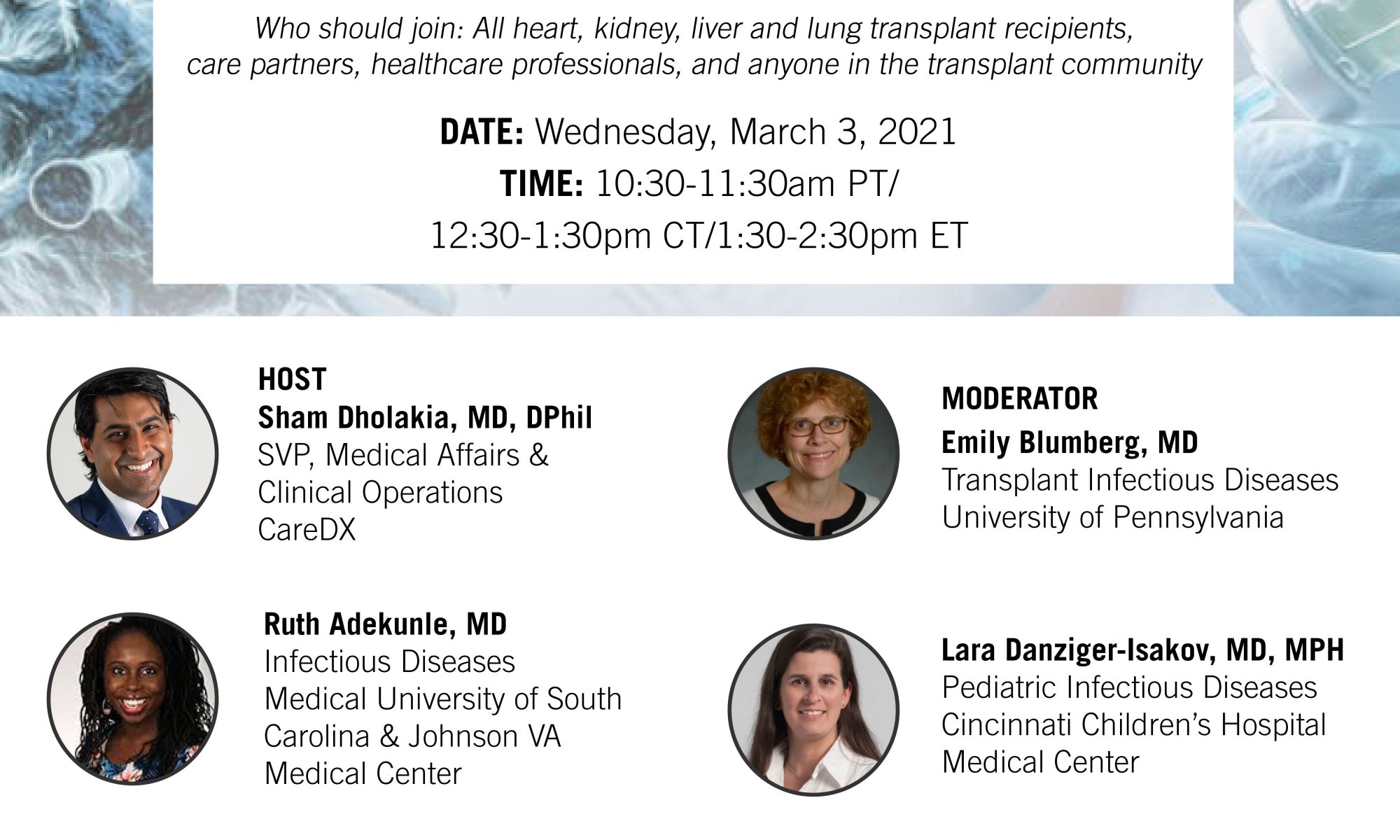Loading
“Transplant recipients without prior polymerase chain reaction–confirmed COVID-19 were recruited from across the US to participate in this prospective cohort through a digital campaign. Those who completed the 2-dose SARS-CoV-2 mRNA vaccine series between December 16, 2020, and March 13, 2021, were included and followed up through April 13, 2021. As described previously,3 semiquantitative antispike serologic testing was undertaken with the Roche Elecsys anti–SARS-CoV-2 S enzyme immunoassay, positive cutoff of at least 0.8 U/mL, which tests for the receptor-binding domain of the SARS-CoV-2 spike protein, or the EUROIMMUN enzyme immunoassay, positive cutoff of at least 1.1 arbitrary units, which tests for the S1 domain of SARS-CoV-2 spike protein, both key measures of humoral immune response.4,5 This study was approved by the Johns Hopkins institutional review board; participants provided informed consent electronically.
The proportion of patients who developed a positive antibody response was assessed with an exact binomial confidence interval. The Fisher exact test was used to compare categorical variables, such as antimetabolite immunosuppression, and the Kruskal-Wallis test for continuous variables. All tests were 2-sided with α = .05. Analyses were performed using Stata 16.1/Windows.”
See the full study results, here.
Loading




